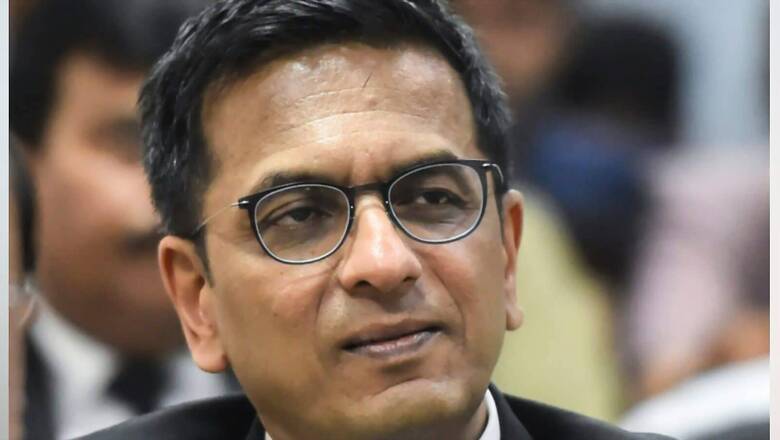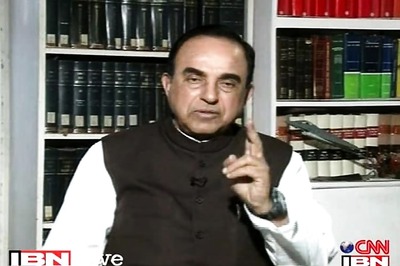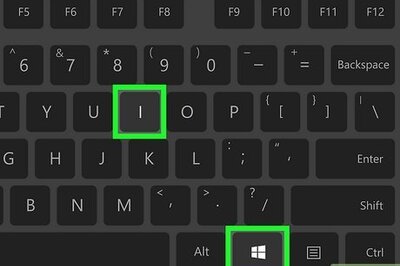
views
Chief Justice of India DY Chandrachud on Monday said that there is a need to move towards a modern and equal judiciary and to change the face of the district judiciary which he said is the “cornerstone of the judicial system”.
Addressing a gathering at his felicitation ceremony organised by the Supreme Court Bar Association, he said, “We have to ensure that we move towards a modern and equal judiciary. Unless we in superior courts, be it HC or SC, realize that the district judiciary is a cornerstone of the judicial system nothing will change.”
“We’ve to change the face of the district judiciary first and foremost. We’ve fostered a culture of subordination. We call our district judiciary a subordinate judiciary. I make a conscious effort not to call district judges subordinate judges,” he added.
“District judges aren’t subordinates, they belong to the district judiciary. We also have to change our mindsets as to how superior court judges look at the district judiciary,” he said, adding that this was the way to move towards a modern and equal judiciary.
“We’ve to inculcate a sense of self-worth in the district judiciary,” he stated.
The CJI in his address also stressed on making the process of “listing” matters transparent and objective and employing technology to eliminate the element of human interface in the listing process.
Professing appreciation for his predecessor CJI UU Lalit for taking concrete steps towards making a listing of matters more transparent and employing technology, he added that they are trying to prepare SOPs.
“I have laid a great amount of stress on technology it is not because I have an interest in technology, but because I believe that technology can be a course of inclusion. But we have to also ensure that technology does not become a source of exclusion,” he said, noting that many lawyers do not have access to computers or the internet.
He said that one of his mission was to ensure that technology should reach members of the bar who don’t have access yet.
(With agency inputs)
Read all the Latest India News here



















Comments
0 comment